Assessing The Liabilities In Crowdfunding Under the Nigerian Law
By Obiorah Victor Chibuzor
1.0 INTRODUCTION
If you frequent the streets of social media, from the WhatsApp and YouTube Avenue to the Facebook Crescent, then from the Instagram Boulevard you move to the Telegram Close, you’ll see many Ponzi schemes purporting to be Crowdfunding platforms. Over the years, Ponzi schemes have ripped Nigerians to shreds and the indelible wound inflicted by the notorious MMM remains fresh in our memories; the Ponzi scheme took the last penny from investors and rendered them with zero cash and thousands of forlorn hopes. Years later, after the MMM scourge, with Nigerians still nursing their wounds, more Ponzi schemes started crawling out from their caves for a second lap. In order to prevent Ponzi schemes from killing the goose that laid the golden egg in the Nigerian capital market, the Security and Exchange Commission in January 2021 issued its rules for the purpose of monitoring the activities of Crowdfunding platforms in Nigeria. Crowdfunding is defined as an open call, essentially through the Internet, to obtain financial resources, either in the form of donation or in exchange for some form of reward or voting rights in order to support initiatives to achieve specific goals. The question begging to be answered is, who will be liable for the loss incurred by the investor in the crowdfunding project? Is it the operator or the fundraiser? In addition to exploring and scrutinizing answers to this question; this paper discusses the concept of crowdfunding and examines where the liability lies.
2.0 THE CONCEPT OF CROWDFUNDING
Crowdfunding took the world by storm in 2007 when Indiegogo began connecting budding project creators online with individual funders around the world. Later on, project creators started raising millions for their campaigns on major crowdfunding platforms, as seen in the success of the Pebble smartwatch campaign which reached over 20 million dollars on Kickstarter in 2015. Financial solidarity and fundraising at the community level are an integral part of African culture and traditions. Communities across Africa are used to pooling funds to support various local charitable, social and economic projects. It was only a matter of time for Africans to seize the opportunity to translate the fundraising process online and jump on the crowdfunding bandwagon. Kickstarter, Indiegogo, Patreon, LendingClub, Porkmoney, Farmcrowdy, ThriveAgric, GoFundMe, and StartEgine are various platforms set up mainly for crowdfunding.
Crowdfunding is considered a viable and scalable alternative source of funding for start-ups and small businesses, charities and other project creators in Africa. Crowdfunding is at a relatively nascent stage in Africa, but it has the potential to reach 2.5 billion by 2025, according to World Bank estimates. The types of crowdfunding are Donation-based Crowdfunding, Reward-based Crowdfunding, Debt Crowdfunding, and Equity Crowdfunding. The figure below indicates the capital raised with crowdfunding and the platforms used.
3.0 LEGAL FRAMEWORK OF CROWDFUNDING IN NIGERIA
Prior to 2021, there were no specific rules in force that regulated crowdfunding. The Companies and Allied Matters Act and the Investment Securities Act (ISA) formed the rock of Gibraltar which restricted crowdfunding in Nigeria. This led to a statement on 15th August 2016 issued by the SEC where it noted that crowdfunding could not fully materialize in Nigeria owing to the restrictions imposed by the provisions of CAMA and ISA. However, on the 21st of January 2021, the Commission issued new rules, revoking the statement which suspended Crowdfunding activities in the country.
3.1 Eligibility Criteria
The new SEC rules state that funds can only be raised through crowdfunding portals, which can only be operated by SEC-registered platforms and have a minimum paid-up share capital of N100 million. The guidelines also provided clarity on companies incorporated outside of Nigeria but still able to trade on crowdfunding platforms. According to the Commission, a person is considered to be operating, providing or maintaining a Crowdfunding Portal in Nigeria if the Platform is operated, provided or maintained in Nigeria; the platform is located outside of Nigeria but actively targets Nigerian investors; or the constituent parts of the Platform, when taken together, are physically located in Nigeria even if any of its component parts, in isolation, are located outside Nigeria.
4.0 KEY PLAYERS IN THE CROWDFUNDING PROCESS
To understand the rules of crowdfunding, there are parties to the crowdfunding project that are important to know, they are;
1. Crowdfunding Intermediary: An entity organized and registered as a corporation to facilitate transactions involving the offer of securities or investment instruments through a Crowdfunding Portal.
2. Fundraiser: This refers to the originator and maker of the investment instrument to be issued.
3. Crowdfunding Portal: This is the website, platform, application, or other similar modules that promote interactions between Fundraisers and the investing public.
4. Investor: This refers to the person that seeks to make or has invested in an investment vehicle.
5.0 THE OPERATOR OR FUNDRAISER: WHOSE HEAD IS GETTING CHOPPED ON A GUILLOTINE?
In order to know who will be liable for the investor’s loss in the crowdfunding project, the obligations of the fundraiser and the operator as enshrined in the SEC rules will be reproduced here.
Operator
The SEC rules place huge responsibilities on the intermediaries, which are information disclosure, reporting obligations, data protection and privacy, operation of a trust account, compliance and restriction on cross-ownership. The SEC rules go further to provide that crowdfunding portals shall carry out due diligence on prospective fundraisers intending to use the platform. It requires these portals to conduct background checks on fundraisers to ensure fit and properness, verify the business proposition of the fundraiser and comply with all relevant regulations as stipulated by the Commission. The Commission shall oversee the conduct of fundraisers and take action against the misconduct of fundraisers. They should display investor education materials, fees, charges and other expenses that may apply to fundraisers and investors, information about complaints handling and dispute resolution.
Also, the rules provide that Crowdfunding intermediaries should disclose warning statements on the home page of the portal, subscription landing page of each fundraiser and application forms for investing through the portal. The warning statement must include, amongst others, a warning to investors that investment in the businesses hosted are extremely risky, that investing through an online portal is risky, and that investment limits of investors are being scrutinized by the Crowdfunding intermediary. Every investor must affirm to a risk acknowledgement form before they can go ahead to invest in the securities.
Fundraiser
Rule 21 of SEC mandated all fundraisers to file a standardized offering document with the Crowdfunding intermediary providing amongst others the key information on the fundraiser, including his name, legal status, physical address, place of incorporation and website; the use of the proceeds; the nature of its existing or proposed business, its business plan, the offering amount to be raised and the duration of the offer; proposed details of applicable return on investment, coupon rate or profit-sharing structure as well as information on historical performance if any; a certification signed by the fundraiser stating that the offering document does not contain a misrepresentation; and investors have rights of action and withdrawal in the case of misrepresentation. The SEC rules stated that this offering document must be delivered to the investor. Fundraisers must also obtain a signed risk acknowledgement from investors before an agreement to invest is concluded.
The Liabilities
From all that has been said, it can be deduced that both the operator and fundraiser have a big role to play in the investor’s investment. To determine who will be liable for the investor’s loss in crowdfunding will depend on the fact of each case. It could be argued in some quarters that the primary liability will be apportioned to the operator, because following the dictum of Lord Atkin in the case of Donoghue v Stevenson, he owes the investor the duty of care by conducting a background check on fundraisers in order to determine their competence, and if he breached that duty, he will be liable for any loss incurred by the investor as a result of the actions by an incompetent fundraiser. It could be argued that the reason why the primary liability will be on the operator is because if he had exercised due diligence in selecting a competent fundraiser, the latter won’t falter in his service to the investor. However, the operator could be exculpated from liability if it can be proved that he took reasonable care and due diligence in selecting a fundraiser; in the absence of any of these, the operator remains fully liable.
Also, the intermediaries are mandated to inform investors of any risk in the investment. One of the problems with investing in Nigeria is that many investors are often unaware of the associated risks. This is why the SEC requires every crowdfunding intermediary to ensure that every investor affirms a risk acknowledgement form. The investor will show that he understands the risk element of the investment and that the portal will not be responsible if the investor loses all or some of the money invested. However, if he fails to inform the investors of any risk in the investment, liability would be on him. To better appreciate this argument, a legal trip to the famous case of Hedly Byrne v Heller and Partners, will be made. In this case, Hedley Byrne sued Heller and Partners for providing incorrect and inappropriate financial information to him and he suffered a loss in the process. The House of Lords held that a person is liable for statements made negligently in circumstances where they know that those statements are going to be acted on and they were acted on.
On the other side of the coin, liability could hinge on the fundraiser, if he failed to provide the investor with the offering document which contains the nature of the existing or proposed business, the business plan, and the offering amount to be raised and the duration of the offer. The SEC rule mandated the fundraisers to make the offering document available to the investor through the portal before the investor agrees to purchase the investment instrument. If this offering document is not presented to the investor and he embarked on the transaction and incurred loss, the fundraiser will be nailed to the wall of liabilities. However, if the operator and the fundraiser complied fully with the specific SEC rules and the investor decided to frolic on his own and engage in a crowdfunding project without complying with the SEC rules, he will be investing at his own risk, that would be contributory negligence. Finally, the liability of the operator and fundraiser in a crowdfunding project is a vicious cycle of puzzle and dazzle, woven into various threads, interlacing one another; simply put, the liability depends on the facts of each case.
6.0 CONCLUSION
Crowdfunding represents an additional source of financing for the creators of start-ups. It is not intended to replace traditional financial institutions. Thus, cooperation with other funders and supporters widens the area of financial intermediation and offers entrepreneurs a viable financing alternative. The future of capital crowdfunding will depend on the ability of platforms to communicate on their activities, particularly in terms of financial risk assessment before, during and after investment operations. To gain and strengthen the trust of savers, platforms would do well to seek accreditation for their fundraising processes. A more consistent and thoughtful set of accreditation standards, set by an independent regulatory body, could help streamline this process.
****************************************************************************************
This work is published under the free legal awareness project of Sabi Law Foundation (www.SabiLaw.org) funded by the law firm of Bezaleel Chambers International (www.BezaleelChambers.com). The writer was not paid or charged any publishing fee. You too can support the legal awareness projects and programs of Sabi Law Foundation by donating to us. Donate here and get our unique appreciation certificate or memento.
DISCLAIMER:
This publication is not a piece of legal advice. The opinion expressed in this publication is that of the author(s) and not necessarily the opinion of our organisation, staff and partners.
PROJECTS:
🛒 Take short courses, get samples/precedents and learn your rights at www.SabiLaw.org
🎯 Publish your legal articles for FREE by sending to: eve@sabilaw.org
🎁 Receive our free Daily Law Tips & other publications via our website and social media accounts or join our free whatsapp group: Daily Law Tips Group 6
KEEP IN TOUCH:
Get updates on all the free legal awareness projects of Sabi Law (#SabiLaw) and its partners, via:
YouTube: SabiLaw
Twitter: @Sabi_Law
Facebook page: SabiLaw
Instagram: @SabiLaw.org_
WhatsApp Group: Free Daily Law Tips Group 6
Telegram Group: Free Daily Law Tips Group
Facebook group: SabiLaw
Email: lisa@sabilaw.org
Website: www.SabiLaw.org
ABOUT US & OUR PARTNERS:
This publication is the initiative of the Sabi Law Foundation (www.SabiLaw.org) funded by the law firm of Bezaleel Chambers International (www.BezaleelChambers.com). Sabi Law Foundation is a Not-For-Profit and Non-Governmental Legal Awareness Organization based in Nigeria. It is the first of its kind and has been promoting free legal awareness since 2010.
DONATION & SPONSORSHIP:
As a registered not-for-profit and non-governmental organisation, Sabi Law Foundation relies on donations and sponsorships to promote free legal awareness across Nigeria and the world. With a vast followership across the globe, your donations will assist us to increase legal awareness, improve access to justice, reduce common legal disputes and crimes in Nigeria. Make your donations to us here or contact us for sponsorship and partnership, via: lisa@SabiLaw.org or +234 903 913 1200.
**********************************************************************************












































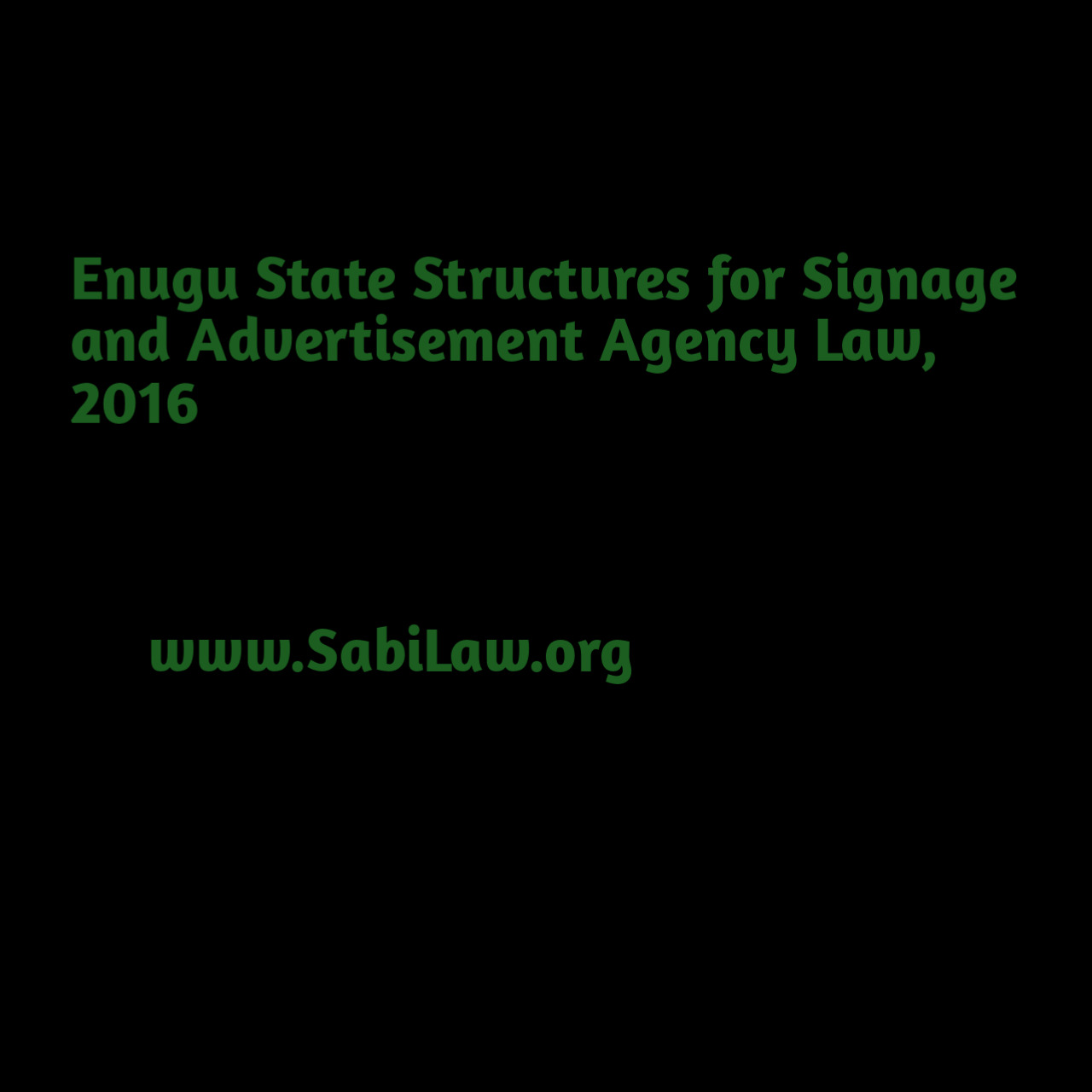
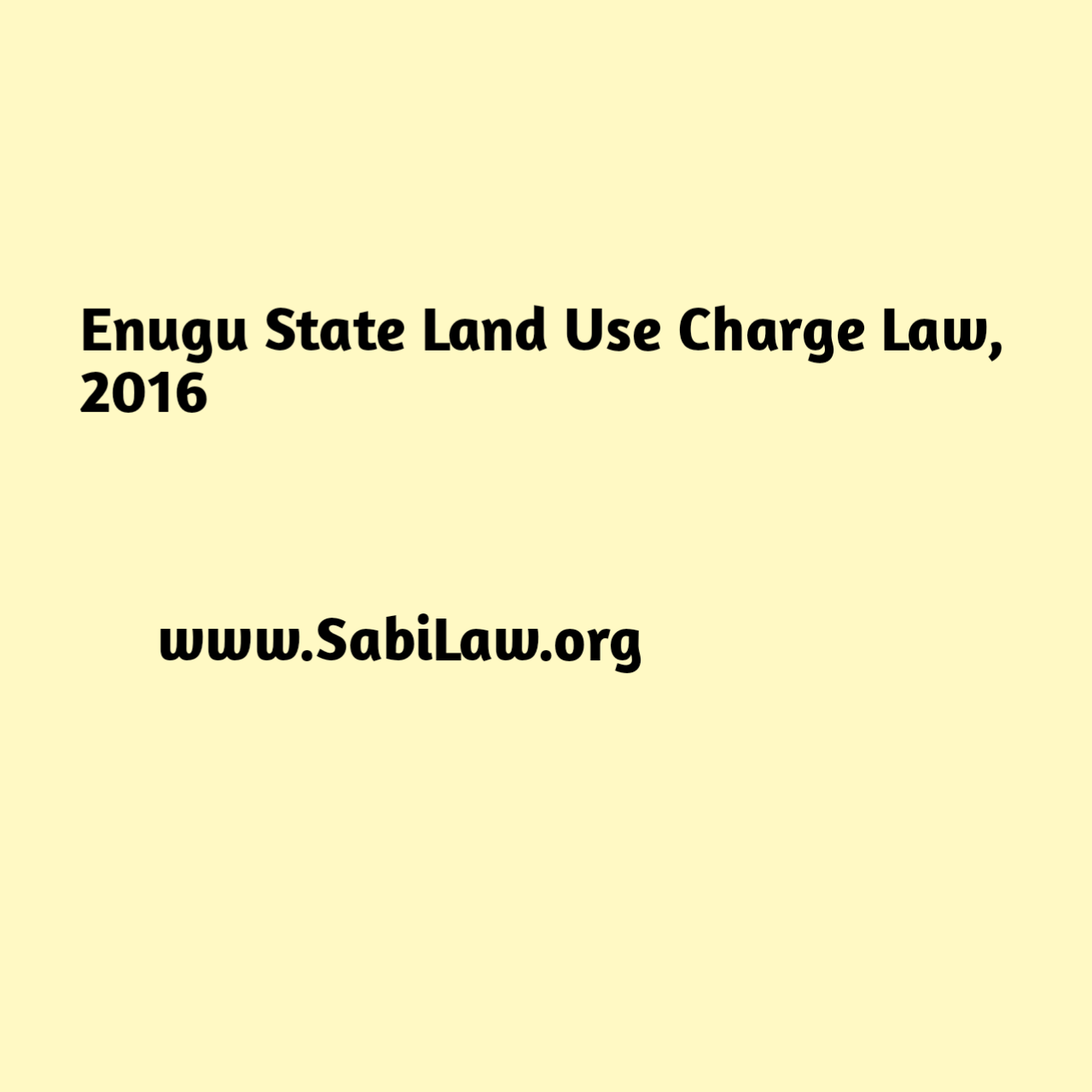
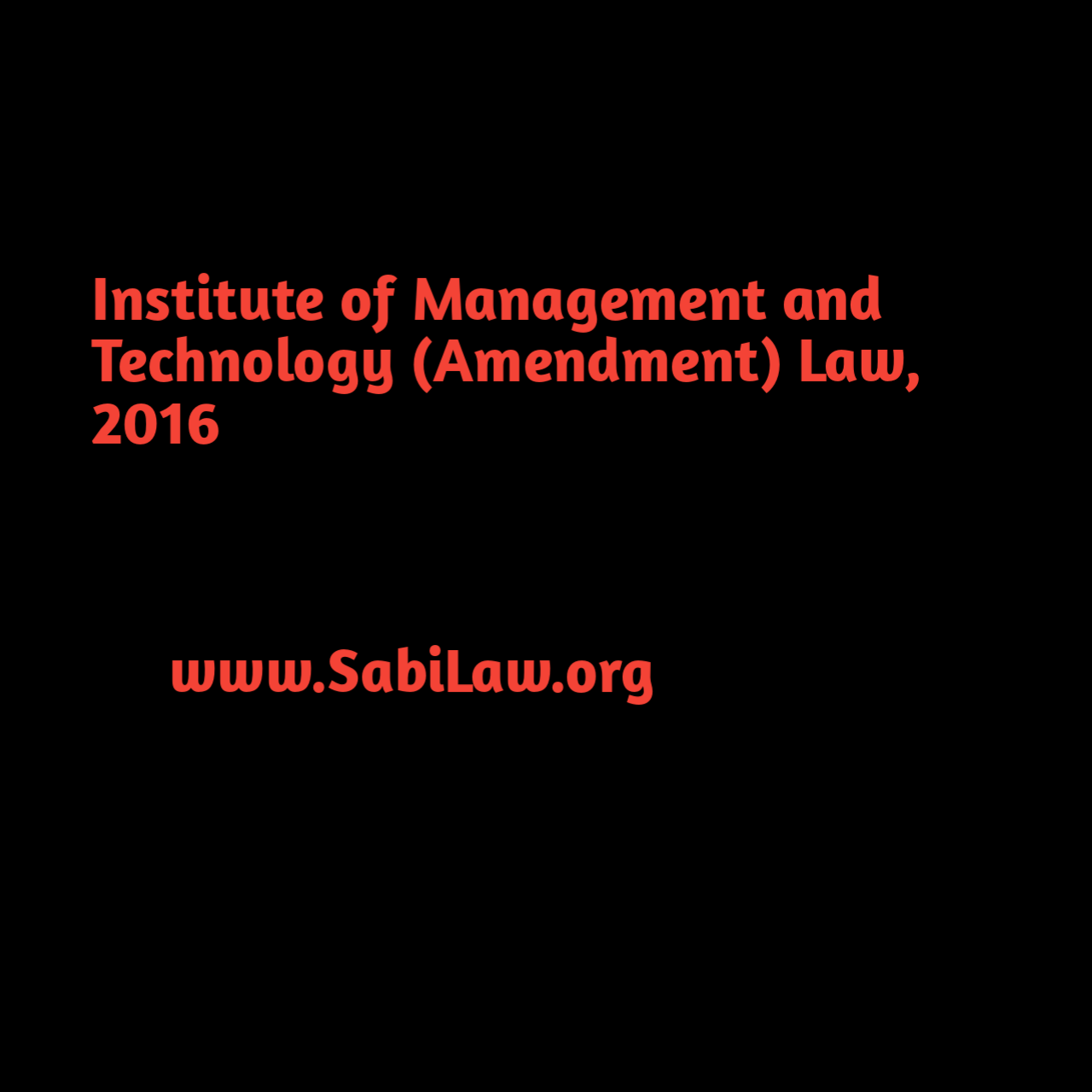
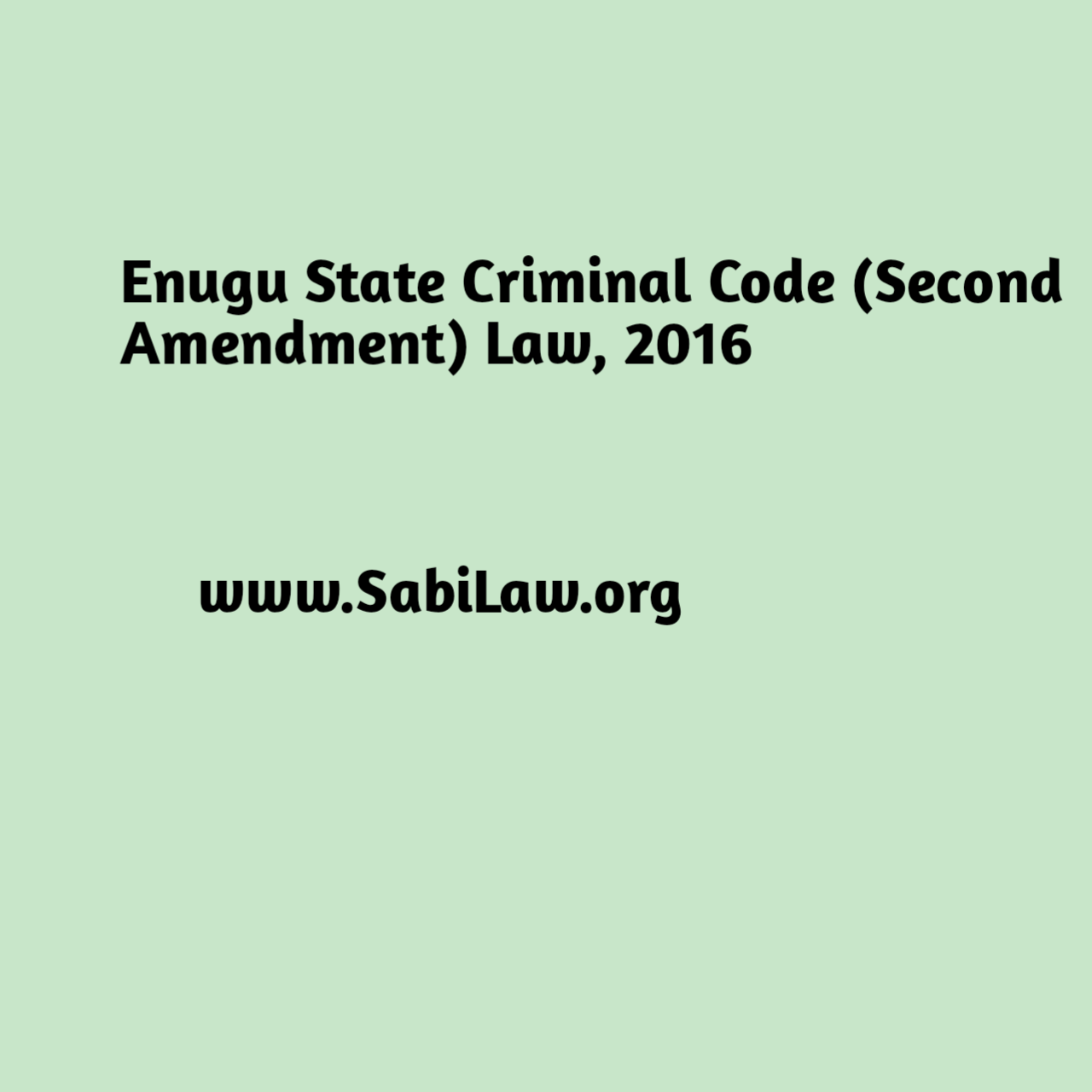
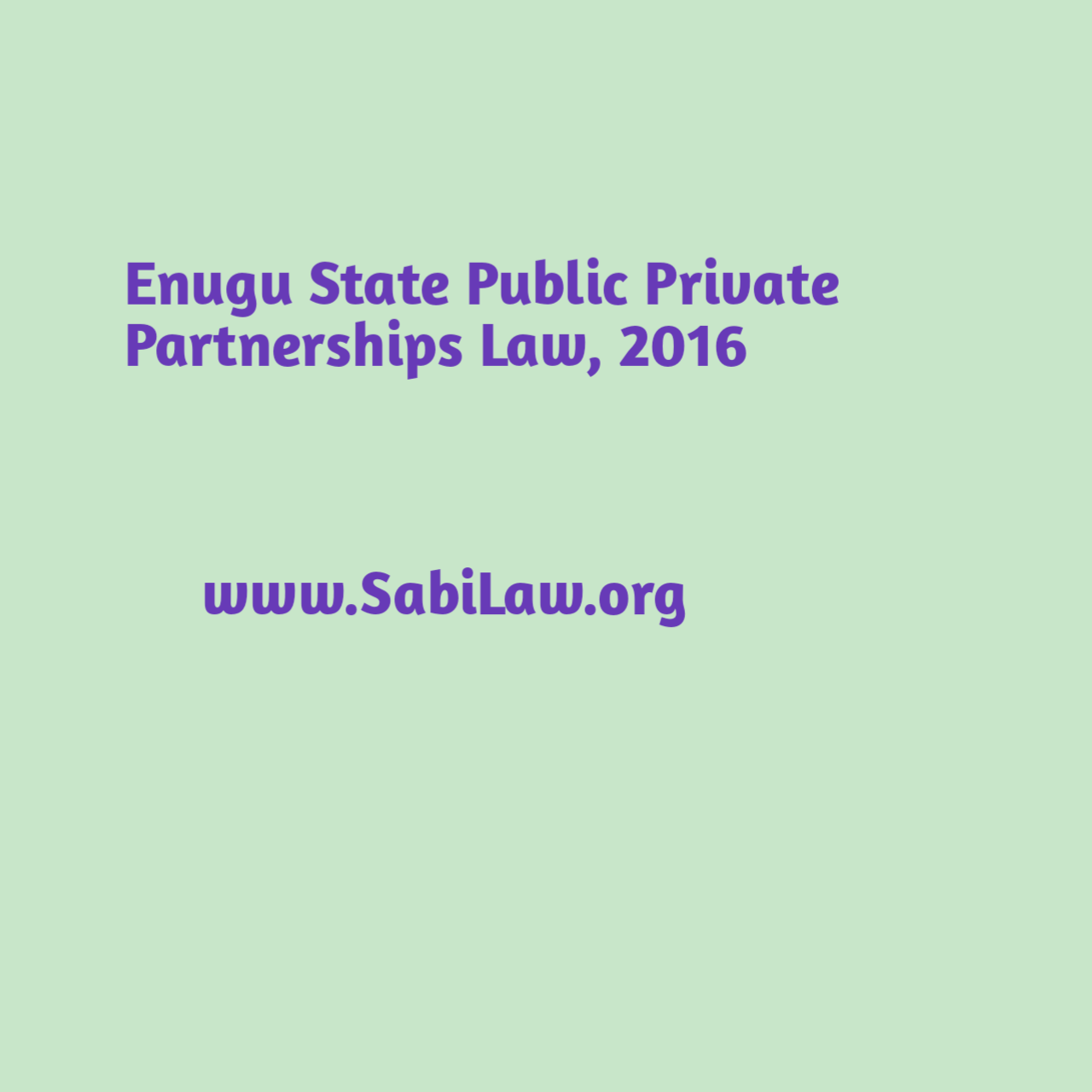
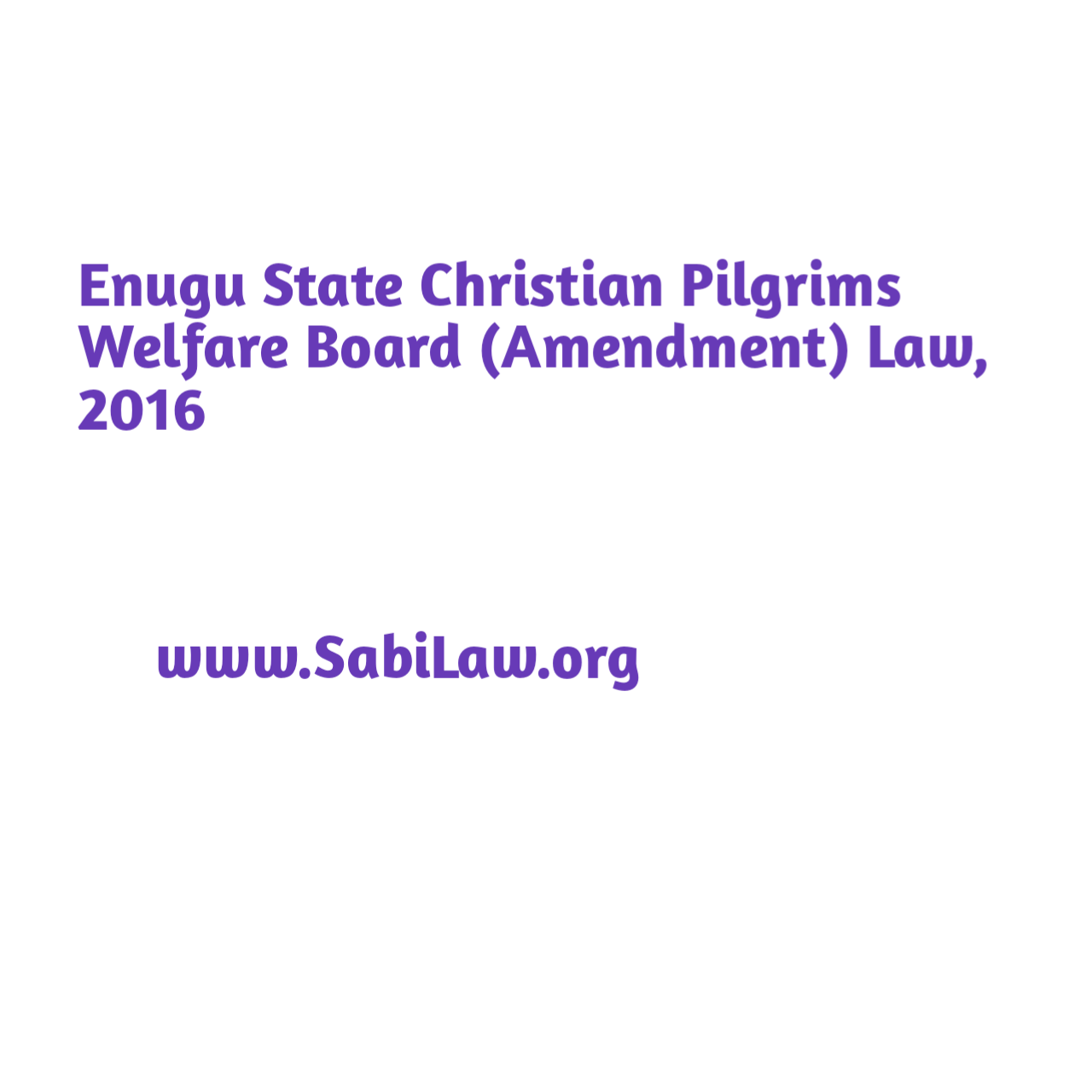
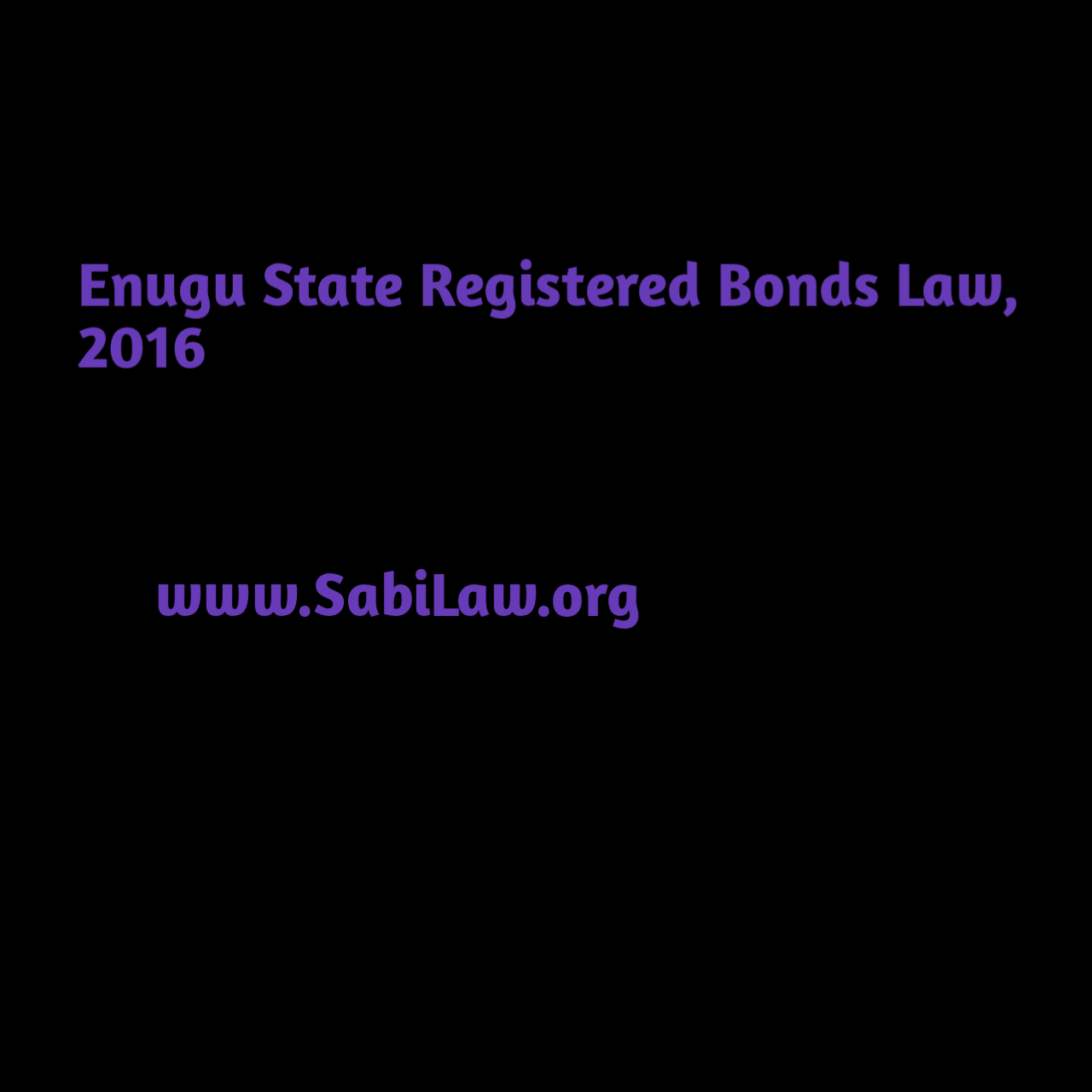
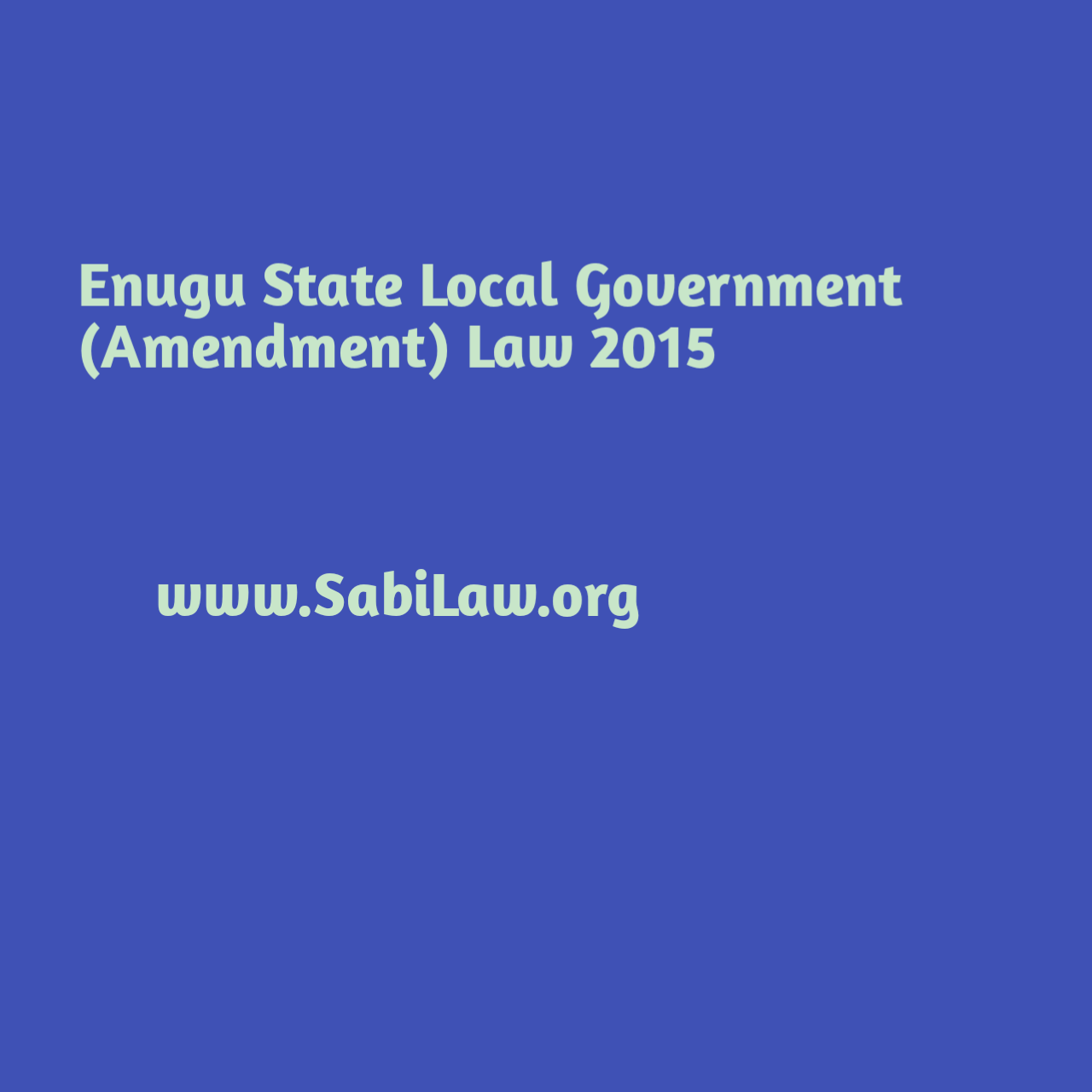
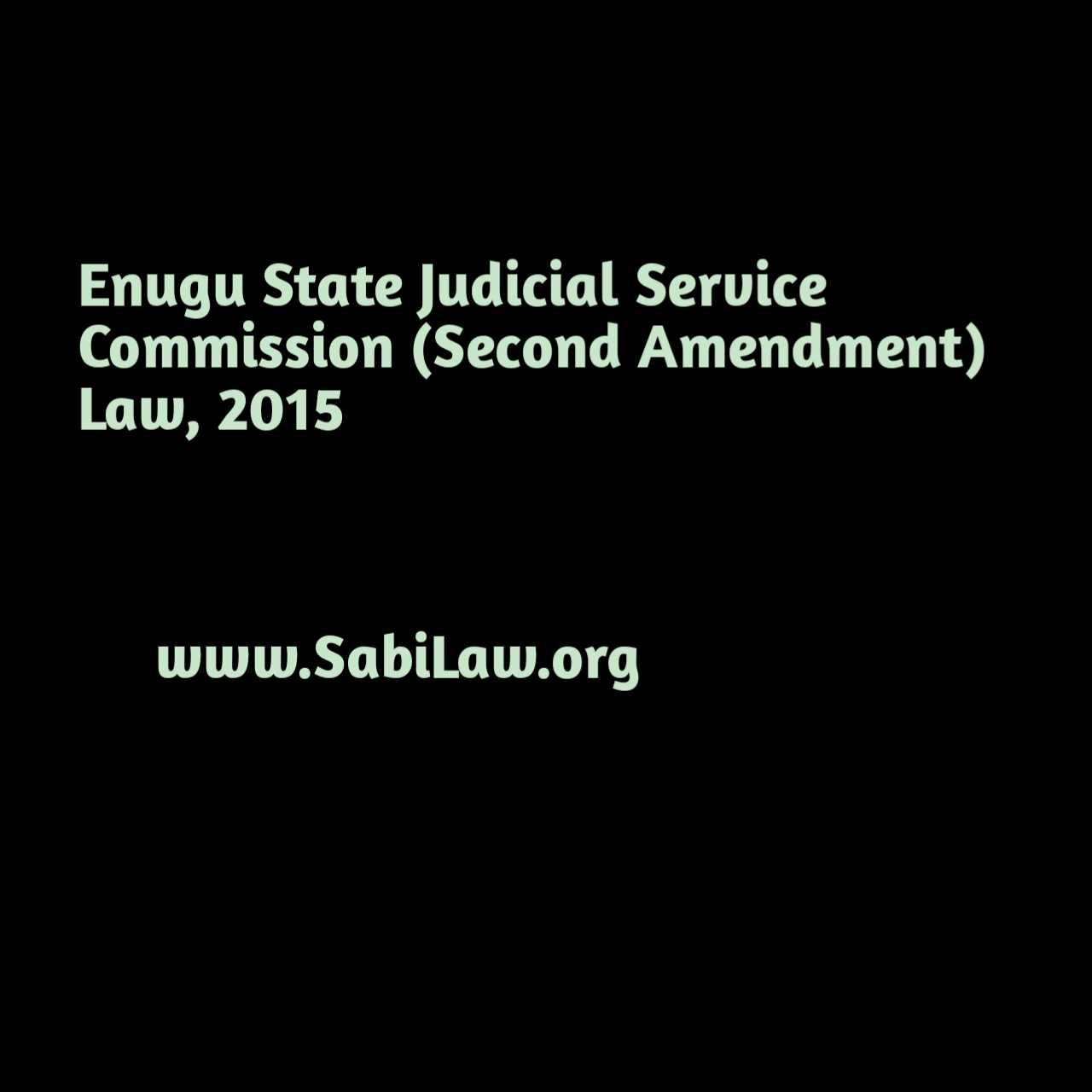
One Response
This is a wonderful writeup. I must confess, I gained a lot reading the scarce eye-opening material.
Pls my question is how can the author assist me if I want to have my own crowdfunding platform for agric investment. What are the applications to be made to SEC for one’s crowdfunding platform to be registered?